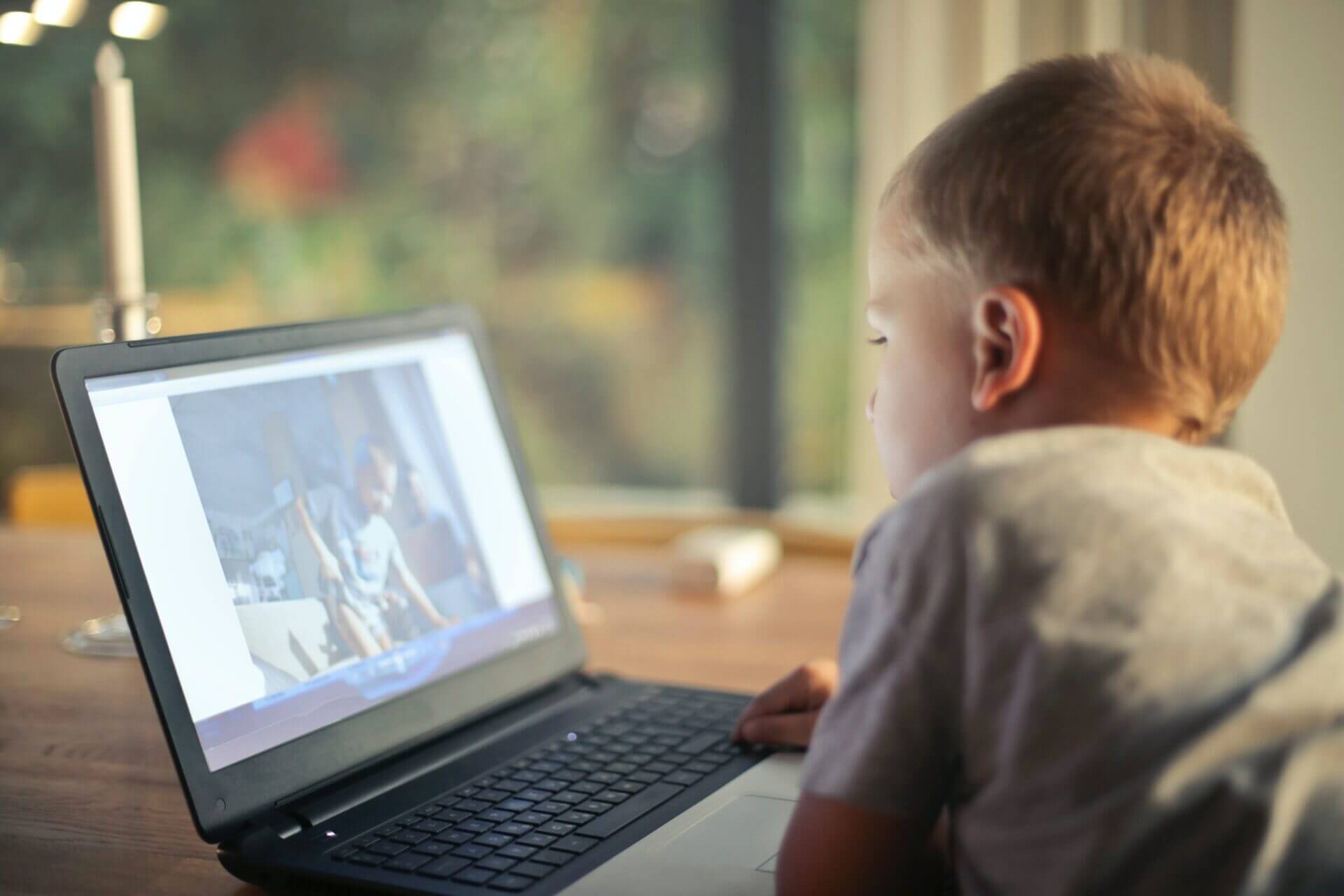Impact of Screen Time On Children’s Visual Efficiency
As optometrists, we understand that the accommodative (focusing) system's strength is age-dependent. Excessive use of the accommodative system without proper visual hygiene can weaken it, leading to diagnoses of accommodative insufficiency. This includes reduced visual acuity, low amounts of against-the-rule astigmatism, asthenopia, headaches, and fatigue.
The excessive use of digital media also puts stress on the binocular vision system, which involves two eyes working together to form a single image. Screen-based activity stimulates visual processing more heavily than even the sensory processing systems, interrupting the development of binocular vision, leading to binocular vision dysfunction in the form of convergence excess or insufficiency.
Clinical studies reveal that prolonged use of handheld digital devices leads to a closer viewing distance, increasing the likelihood of accommodative and binocular vision issues and the visual symptoms that accompany them. There are treatment options available, such as reading glasses, bifocals, and vision therapy, aimed at improving visual function.
The progression of myopia is influenced by genetic and environmental factors, including digital media use. Optometrists must examine the screen time habits of patients to minimize the progression of myopia. Scientific research has shown that increased outdoor exposure reduces the development of myopia.
Take our online visual skills assessment to help identify if you or your child has a potential visual deficit that may be interfering with success in the classroom, work, or sports.










